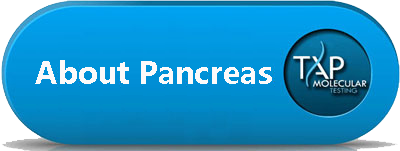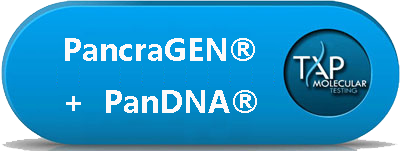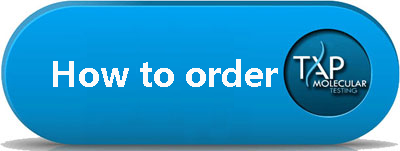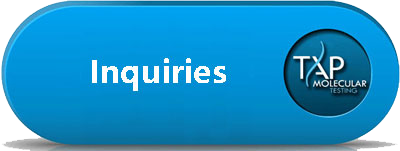
The Role of Molecular Testing in Pancreatic Cysts
If you have recently been diagnosed with a pancreatic cyst, you are not alone. Molecular testing of pancreatic cysts with PancraGEN® or PanDNA® is one of the ways your doctor can learn more information about your cyst to decide upon the course of action that may be right for you.
How do you determine if a pancreatic cyst is benign (non-cancerous), malignant (cancerous), or has the risk of becoming malignant?
While most pancreatic cysts are benign, there are several clinical tests currently performed to assess the likelihood, or risk, of a pancreatic cyst progressing to cancer. Many of these test methods involve invasive surgery. Endoscopic ultrasound (EUS) with a fine needle aspiration (FNA) of the cyst fluid is a minimally invasive procedure that uses sound waves to find pancreatic lesions and guide cyst fluid collection. PancraGEN® (or PanDNA®) testing can be performed on some of the fluid obtained during an EUS-FNA procedure, allowing your physician to evaluate the risk of your pancreatic cyst being malignant by using this less invasive method.
What do I need to know about pancreatic cysts?
Pancreatic cysts become more common as people age; however they are sometimes found in younger people too. There are several types of pancreatic cysts. It is important to know what type of cyst you have, as some may be more likely to develop into cancer than others. Your physician will discuss your cyst type and associated risks with you.
Learn More About Pancreatic Cysts and Molecular Diagnostic Testing >>>>>>>>>>






